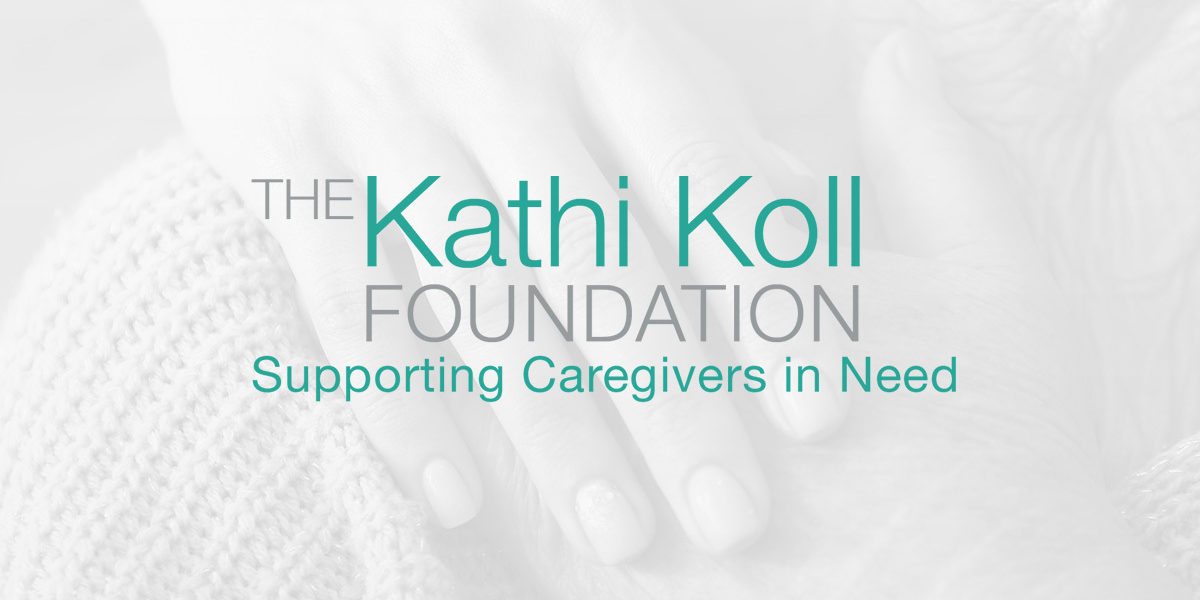After a recent event, I spoke with a woman whose husband was dying. She told me that she was having a hard time seeing him in pain and in managing her own grief. She also didn’t know how best to support him.
Being by a loved one’s side when they are at the end-of-life is always heart-wrenching, and there is no doubt that it is incredibly hard for the ones left behind. However, what we often don’t hear about is how tough it is for those who are passing.
Patients at the end-of-life often experience the five stages of dying, as described by Elizabeth Kubler-Ross:
1) Denial
One of the first reactions is Denial, wherein the patient imagines a false, preferable reality.
2) Anger
When the individual recognizes that denial cannot continue, they become frustrated, especially at those closes to them. Certain psychological responses of a person undergoing this phase would be: “Why me? It’s not fair!”; “How can this happen to me?”; ‘”Who is to blame?”; “Why would God let this happen?”.
3) Bargaining
Usually, the negotiation for an extended life is made with a higher power in exchange for a reformed lifestyle.
4) Depression
“I’m so sad, why bother with anything?”; “I’m going to die soon so what’s the point?”; “I miss my loved one, why go on?” During the fourth stage, the individual becomes saddened by the certainty of death. In this state, the individual may become silent, refuse visitors and spend much of the time mournful and sullen.
5) Acceptance
“It’s going to be okay”; “I can’t fight it, I may as well prepare for it.” In this last stage, individuals embrace mortality or inevitable future, or that of a loved one, or other tragic event. People dying may precede the survivors in this state, which typically comes with a calm, retrospective view for the individual, and a stable condition of emotions.
To make an online donation to The Kathi Koll Foundation, please click here.


